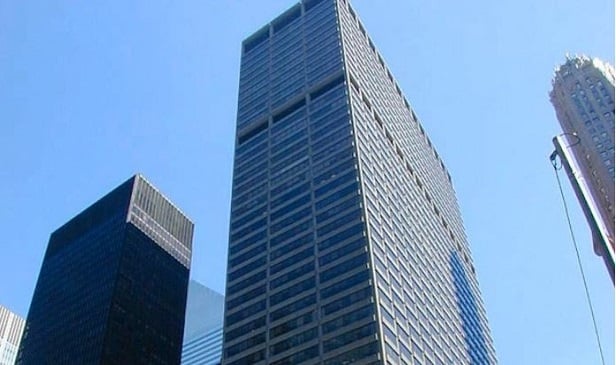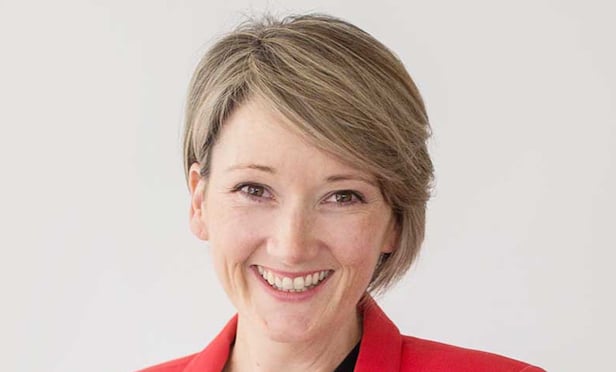David Loeb, a senior real estate research analyst and managing director for Milwaukee-based Robert W. Baird & Co., credits Greg Larson, Host's new executive vice president of corporate strategy and fund management, with forging the international drive. In a report issued yesterday, Loeb says the new pool is structured similar to the $1.5-billion Euro-JV, which includes Netherlands-based Stichting Pensioenfonds ABP and targets high single-digit internal rates of return. Host's equity contribution to both pools hovers $300 million. In return, Host will earn asset management fees, typically 1% of invested assets, and could get more through an incentive promote. The new fund has a three-year investment shelf life.
Host did not return telephone calls by deadline to comment on the JV. But, Loeb says the partners most likely will invest in upscale hotels at 60% to 70% leverage. GIC must approve Host's 25% stake in any acquisition. The leverage bumps the JV's buying power to $1.5 billion to $2 billion.
[IMGCAP(2)]"We see the strategy of international investing with a knowledgeable partner as a fitting way to mitigate risk as HST enters new markets," Loeb writes. "It should benefit from a second international hotel cycle, which may have greater growth potential and likely will diversify the company's reliance on the domestic hotel cycle."
In-country partners are considered a necessity, offering the required letter of introduction on corporate and social levels. "We continue to believe that the joint venture structure is an effective and efficient way to enhance returns on our investments and diversify our portfolio holdings and revenue sources," W. Edward Walter, Host's president and CEO, says in a press release.
Through the Euro-JV, Host holds minority interest in 10 hotels, totaling 3,200 rooms, in five countries. GIC is the real estate investment arm of the Government of Singapore Investment Corp. Ranked as one of the largest institutional investors in Asia and in the world's Top 10 CRE firms, GIC manages a multibillion-dollar portfolio with 200 properties in more than 30 countries.
Loeb says Host's balance sheet is "the strongest of its hotel peers." All debt is fixed at 6.1% interest for nearly six years, with very few near-term maturities, he says. That and strong coverage ratios provides "multiple billions of investment capacity for existing portfolio cap-ex, acquisitions or share repurchases," he writes. Host is authorized to repurchase $500 million of its shares.
Among the risks and caveats are predictions that the hotel market will weaken during the year and Host's reliance on Marriott International-branded properties. "HST is significantly impacted by the fortunes of Marriott International," Loeb concludes. "This risk has been reduced with the Starwood portfolio acquisition, but Marriott-branded hotels still account for more than 60% of its portfolio [by rooms.]"
Want to continue reading?
Become a Free ALM Digital Reader.
Once you are an ALM Digital Member, you’ll receive:
- Breaking commercial real estate news and analysis, on-site and via our newsletters and custom alerts
- Educational webcasts, white papers, and ebooks from industry thought leaders
- Critical coverage of the property casualty insurance and financial advisory markets on our other ALM sites, PropertyCasualty360 and ThinkAdvisor
Already have an account? Sign In Now
*May exclude premium content© 2024 ALM Global, LLC, All Rights Reserved. Request academic re-use from www.copyright.com. All other uses, submit a request to [email protected]. For more information visit Asset & Logo Licensing.








